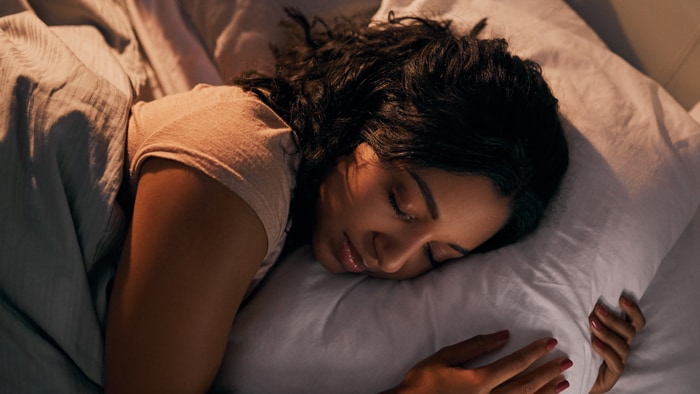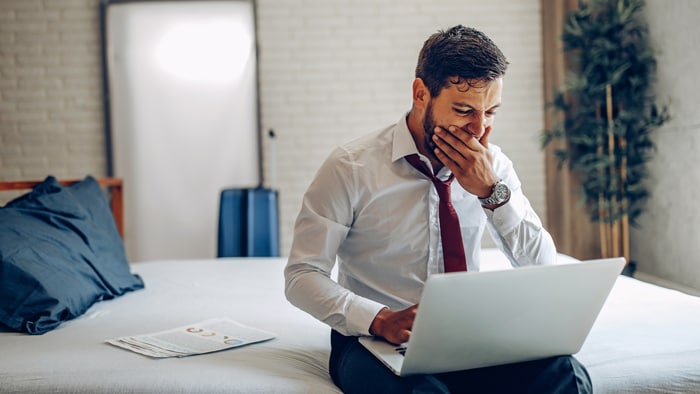Relieving sunday night sleep anxiety
By Jennifer Nelson You sleep like a baby all week, but come Sunday night, you toss and turn like a toy ship in the ocean. What gives? Blame it on Sunday night sleep anxiety. You’re not alone: A 2008 study commissioned by Travelodge found 60 percent of workers have their worst night’s sleep on Sundays. The phenomenon, also known as Sunday night insomnia, hasn’t received much attention nor study from sleep researchers, despite the legions of sufferers. But there are a number of factors contributing to Sunday night sleep anxiety, including “monkey mind” (a Buddhist term used to describe an unsettled mind, such as those work or school worries that consume your thoughts), an irregular sleep routine and an out-of-whack circadian clock. Even school-age and college kids suffer Sunday night sleep woes, researchers noted. “People are staying up late and then sleeping late,” which disturbs the circadian clock, said Dr. Robert S. Rosenberg, medical director of the Sleep Disorders Center of Prescott Valley and Flagstaff, Ariz. “So, if you have been up until 3 a.m. Saturday and slept ‘til noon [Sunday] you may only have nine hours of wake time before trying to go to sleep again. We very much depend on a normal 16 hours of wake time to build up the level of a neurotransmitter called adenosine that induces us into sleepiness.” Sunday night sleep insomnia is compounded by anxiety over returning to work/school and any associated problems, he said. Anxiety causes the release of stress hormones such as cortisol, which ideally should be at their lowest levels by bedtime. Instead, people spend their Sunday evenings ruminating over the week’s to-do list, the office bully or the big math test. Is it any wonder they can’t find the sandman? Throwing off your sleep cycle also disrupts the production of the sleep-promoting hormone melatonin, which can upset the entire circadian cycle, according to the National Institutes of Health. Rosenberg also noted the Sunday night frenzy to prepare for the upcoming school or work week means many are in front of their computers, tablets and smartphones. “These devices give off intense light in the blue spectrum. If you are doing this within an hour of bedtime, they will impair your ability to produce melatonin,” he said. Here are a few tips to combat Sunday night insomnia:



